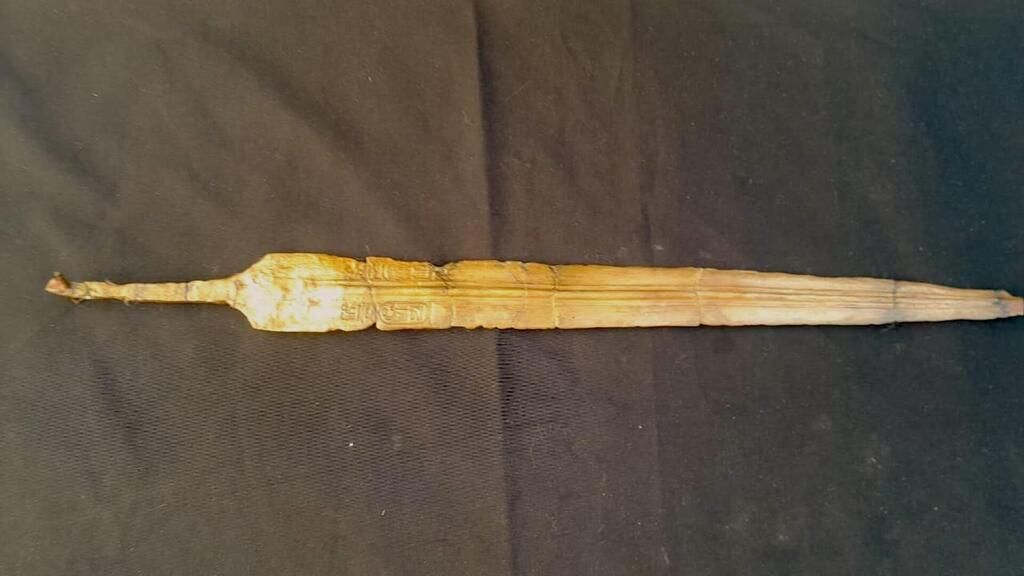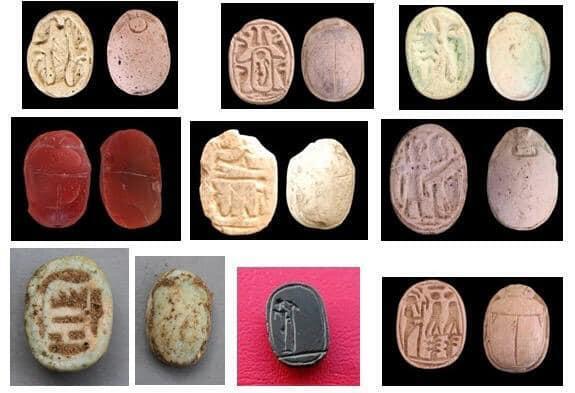Archaeologists have uncovered a 3,200-year-old bronze sword bearing the name of Pharaoh Ramses II at the Tell Al-Abqain site in northwestern Egypt.
The sword, adorned with hieroglyphs, was found in a small room near a strategic location, suggesting it was intended for combat rather than ceremonial use.
The discovery provides new insight into the military might of the Egyptian Empire during the reign of Ramses II, the powerful ruler who reigned from 1279 to 1213 B.C. and is often linked to the biblical Exodus story. The site, situated in the northwestern Nile Delta, served as a military outpost to protect against threats from the Western Desert and the Mediterranean Sea.
Prof. Peter Brand of the University of Memphis, who was not involved in the excavations, said the sword was likely a royal reward given to a high-ranking officer. “The king’s name and titles engraved on it increased the prestige of its owner and 'advertised' the king’s wealth, power and generosity,” Brand told Live Science.
The discovery of the sword, along with two stones inscribed with the Pharaoh’s name, suggests the site played a significant role in Egypt’s military strategy. The advanced architectural layout of the structures demonstrates the ancient Egyptians' engineering prowess in using the landscape for defense.
In addition to the sword, the archaeological team uncovered evidence of ovens, pottery fragments containing animal bones and stone scarabs. Cow bones were also found, which Dr. Ahmed El Kharadly, the archaeologist leading the excavation for the Egyptian Ministry of Tourism and Antiquities, believes were used for food. “The cow bones found near some ovens suggest they were cut into parts, dried, and stored until ready for consumption,” El Kharadly told Live Science.
The discovery aligns with historical records indicating that Egypt faced threats from groups like the Libyans during Ramses II's reign. “This site’s findings correspond well with textual descriptions of military activity in the region,” said Professor Anthony Spalinger of the University of Auckland, who was also not involved in the excavations.
Ramses II, known for his military campaigns and expansive empire, ruled during a period when Egypt's influence stretched from Syria in the east to Nubia in the south. The discovery at Tell Al-Abqain adds to the understanding of his reign and the military infrastructure that supported Egypt’s dominance.



